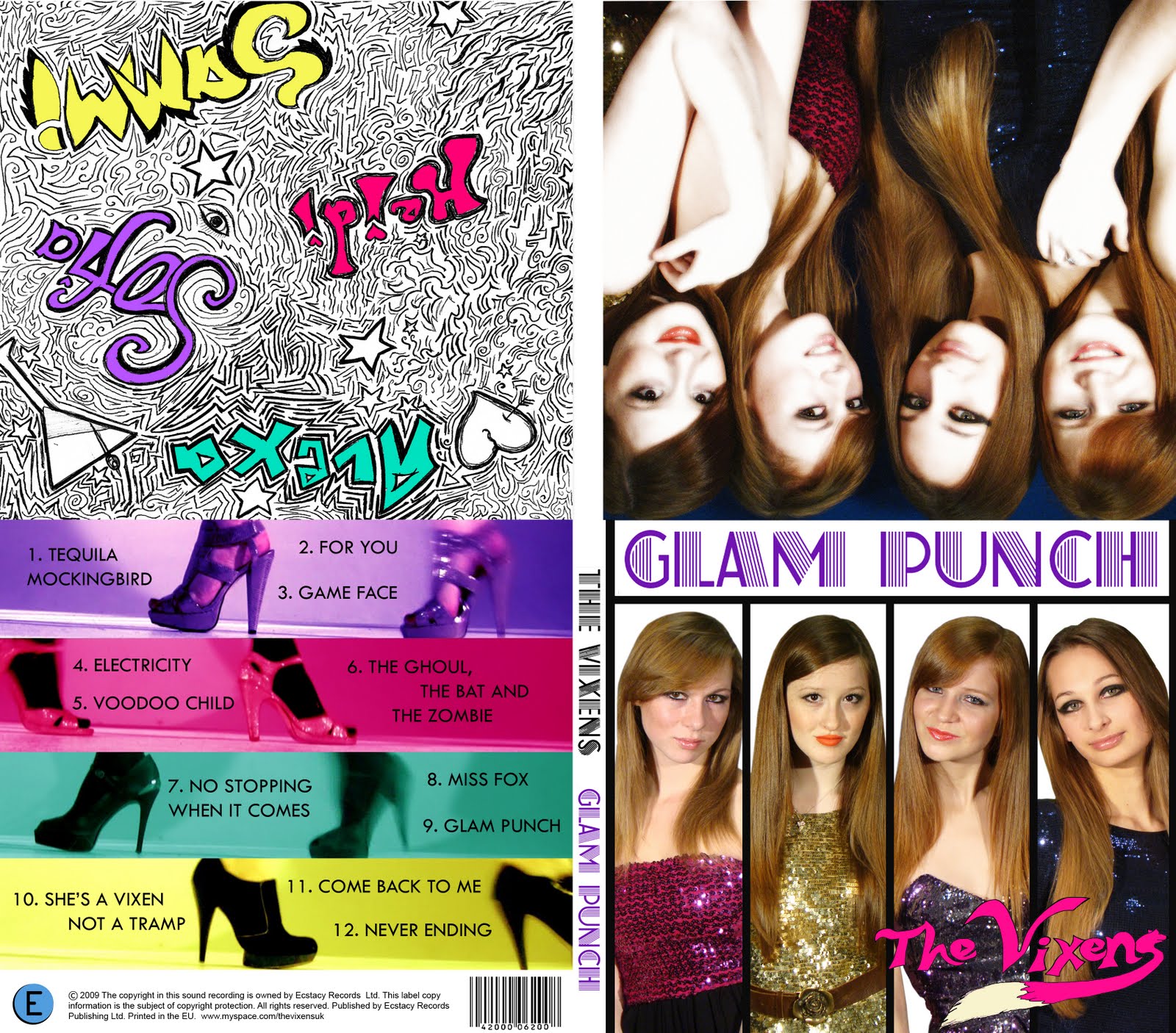How does dance music break down?
Dance is a huge genre that has evolved dramatically over the years. It is defined as any music that one can dance to, but there are specific sub-genres that we can break it down into from the past 50 or so years:
- 1950s: Rock & Roll
- 1960s
- 1970s: Disco (& Funk)
- 1980s: New Wave, Funk, Acid House,
- 1990s: Eurodance, Progressive House, Techno, Hip
- 2000s: Electropop
I consider dance music to live more in the underground scene, and these genres to be more poppy. Some of the most popular upbeat genres at the moment includes Drum & Basss, Junglee, Hardcoree, Trance, UK Garage, and Electro.
Underworld: Born Slippy .NUXX
This is a very famous example of 90's techno-trance...
Many sub-genres of electronic dance music have evolved. Speed Garage, Bassline, Grime and the Reggae-inspired Dubstep (ska) are all sub-genres of UK Garage, a genre I'm very interested in as it is strong in North London.
Brandy & Monica: The Boy Is Mine (garage remix)Recently, electro dance music from artists such as Lady Gaga, Dizzie Rascal and La Roux has dominated the charts. I really like the drum and bass remixes of electro tracks at the moment, making them more dancefloor-suitable and less poppy. Here are two examples of successful (in clubs) tracks that are remixes of La Roux's latest hits:
La Roux: Bullet Proof (DJ Zinc remix)
La Roux: In For The Kill (Skream remix)
The remixes of the songs including deeper basslines give the songs a certain depth that make them perfect for clubs, and less of a sing-a-long song. I think tracks like these two would be really interesting to do as a music video, as they have a distinct darkness about them which acts as a starting block for a video's overall feel: the story could build on this threatening, adrenalin-like feeling.



0 comments:
Post a Comment